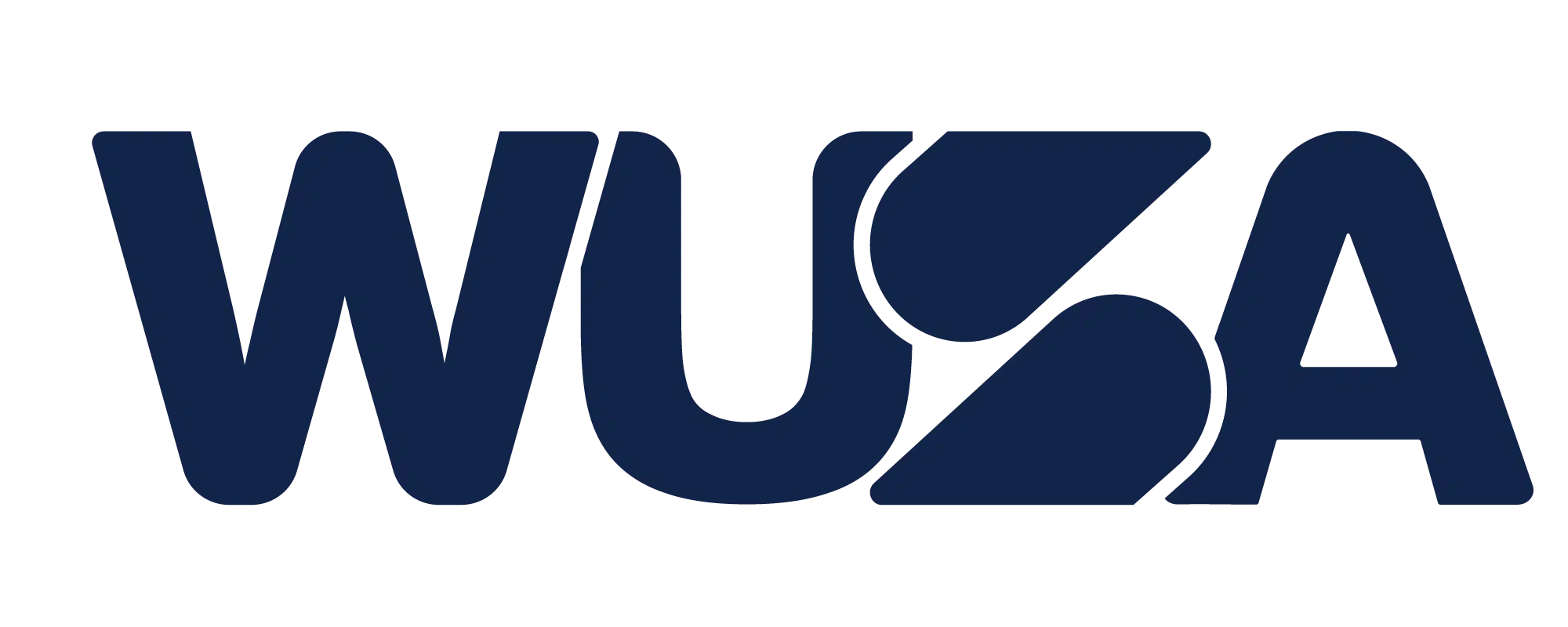Whether you’re planning a campus-wide event, launching a new initiative, or curious about how your fees enhance student spaces, we’re here to help. Every term, we provide funding that empowers you to improve campus life, foster belonging, and make a real impact.
Submissions to both the Student Life Endowment Fund (SLEF) and Equity, Opportunity, and Innovation Fund (EOI) can be submitted to the Internal Funding Group Proposal Form.
Why We Fund
We believe students know best what students need. That’s why we offer funding to support student-led ideas that benefit the campus community. Through our funding programs, we’ve supported everything from mental health initiatives and cultural showcases to sustainability projects and academic skill-building events.
Important Info
Deadline: Reviewed every May, July, September, November, January, and March
Who decides? A student-led Funding Committee reviews and approves grants each cycle.
What Can You Apply For?
There are two main funding streams available to undergraduates:
1. Student Life Endowment Fund (SLEF)
Here are just some of the things students have made possible with this funding.
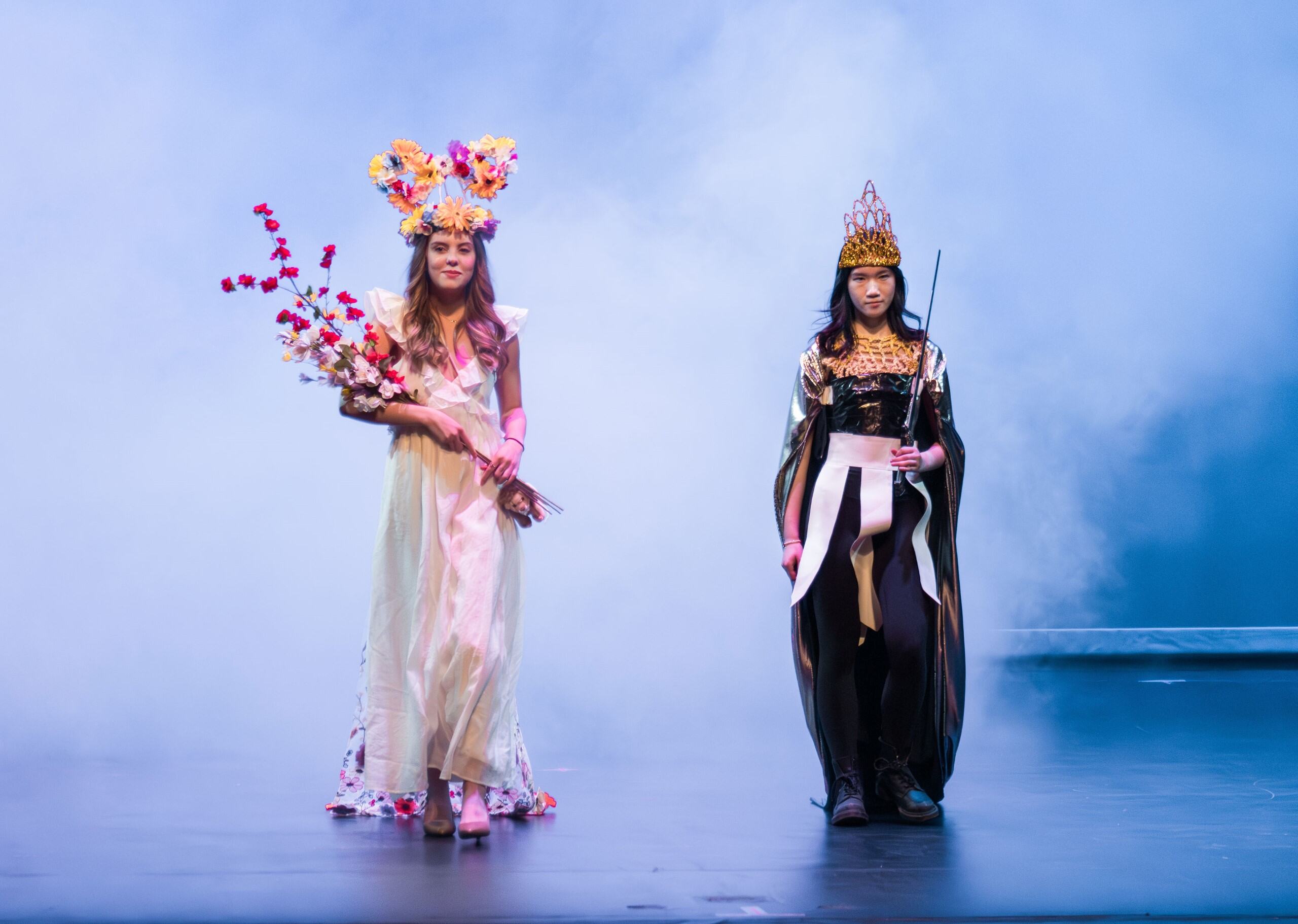
Fashion for Change Arcana Showcase
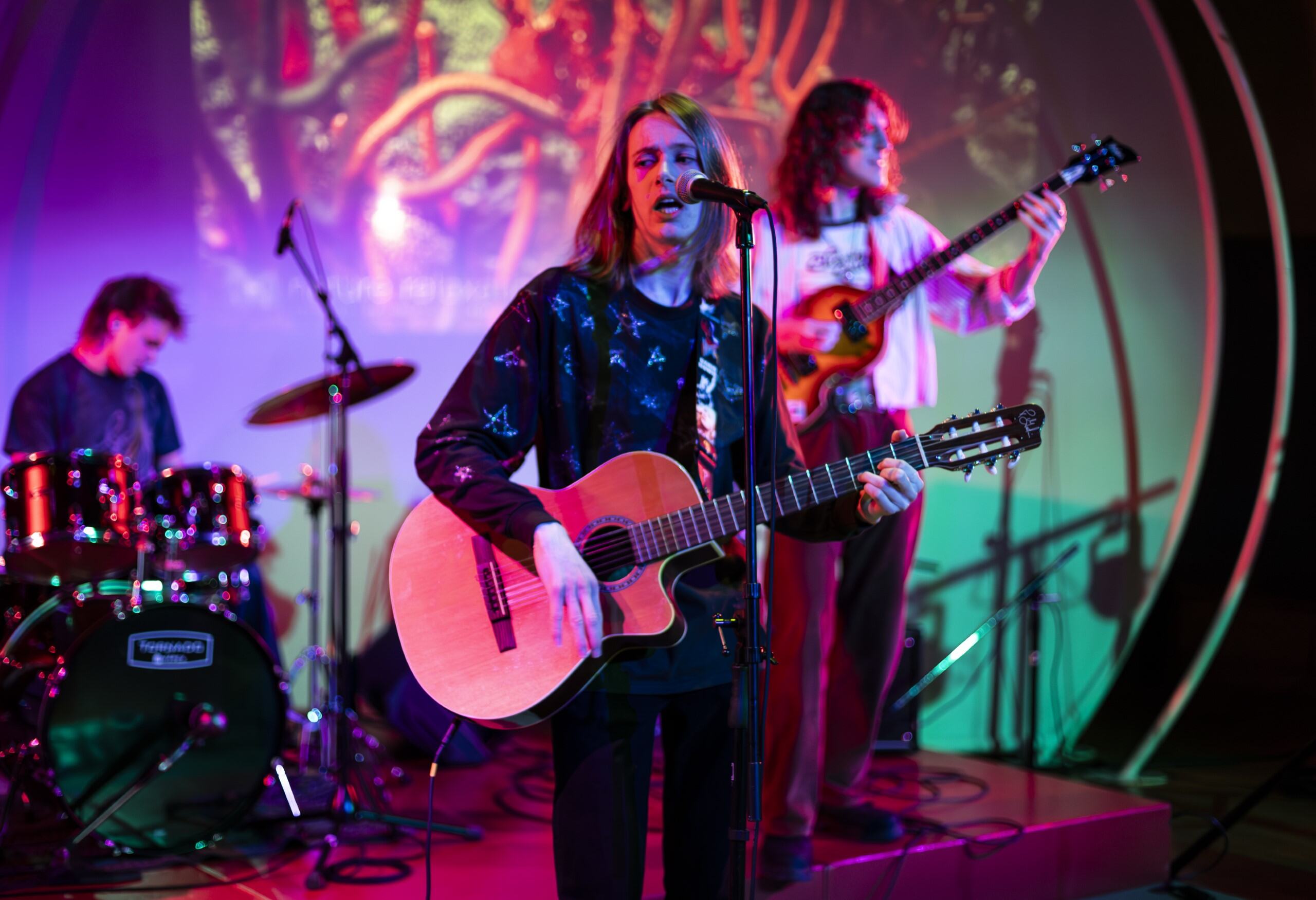
Jam Network Student Concert
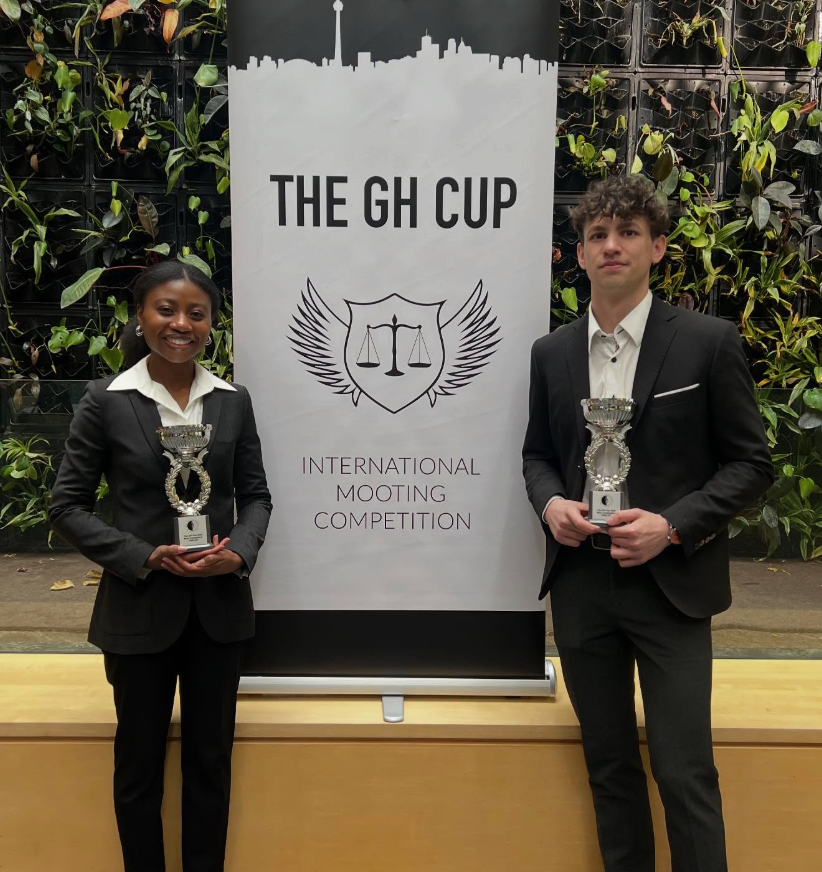
UW Moot Court Competition
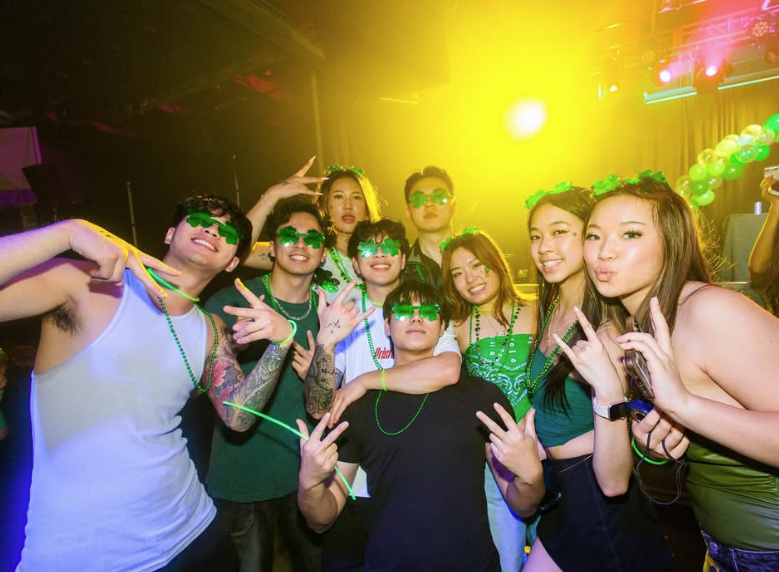
UWCSA Midnight Social
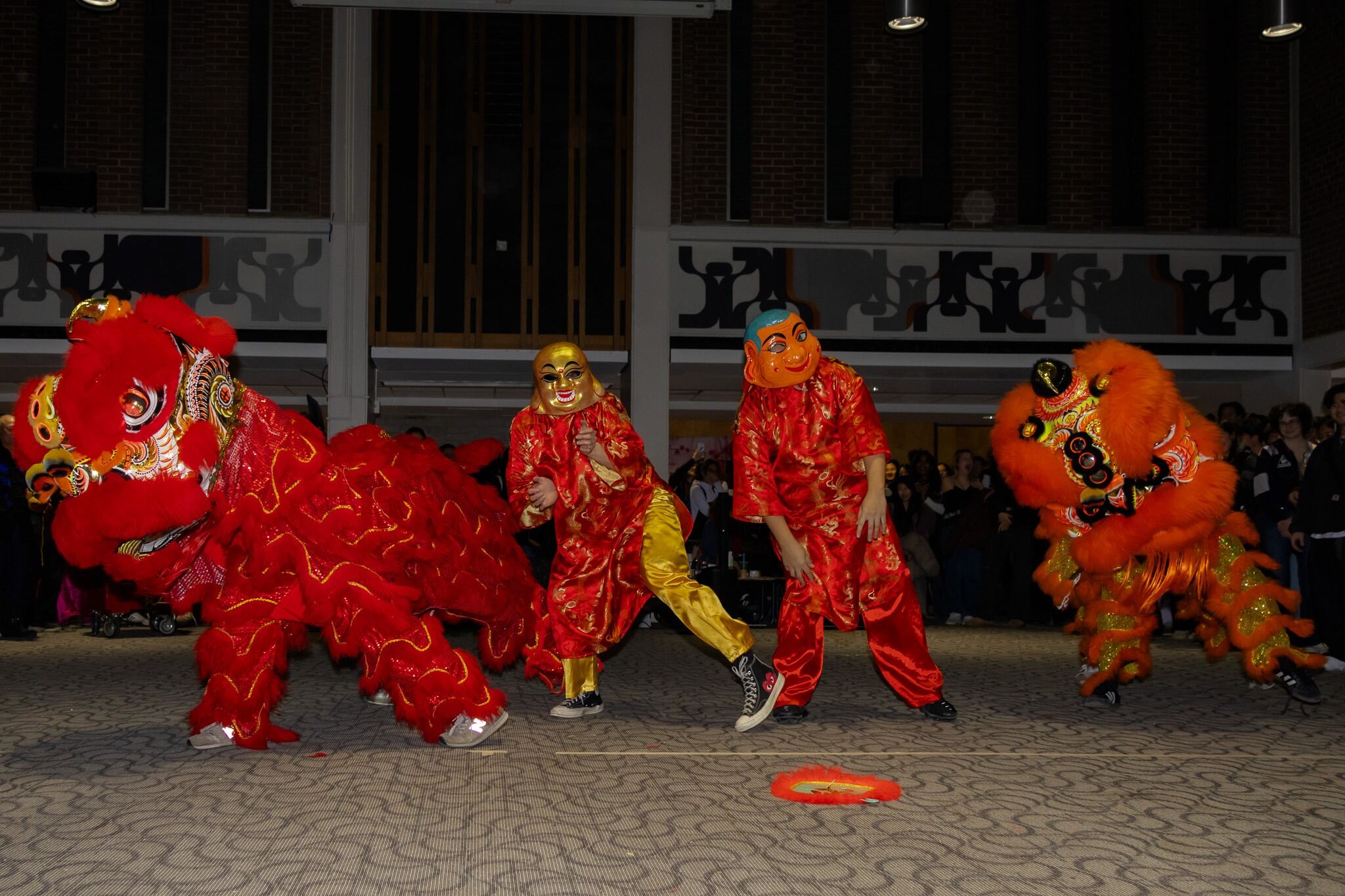
UWVSA Lunar New Year Festival
Do you want to improve student spaces, run a standout campus event, or launch a project that makes student life better? Apply to the Student Life Endowment Fund (SLEF) today!
Total Fund: Since the Spring of 1992, undergraduate student contributions have grown the Fund to over $6 million. Interest generated each year is allocated to projects on campus by the Funding Committee: for students, by students.
SLEF funds the following areas:
- Improvement of health, wellness, and safety on all campuses;
- Improvement of accessibility on all campuses;
- Building a stronger student community;
- Renovation to student operated or managed spaces;
- Improvement of current lounge and study spaces;
- Activities promoting or furthering the academic goals of WUSA;
- Joint projects with municipal or provincial governments that improve student wellbeing
2. Equity, Opportunity, and Innovation Fund (EOI)
Here are just some of the things students have made possible with this funding.
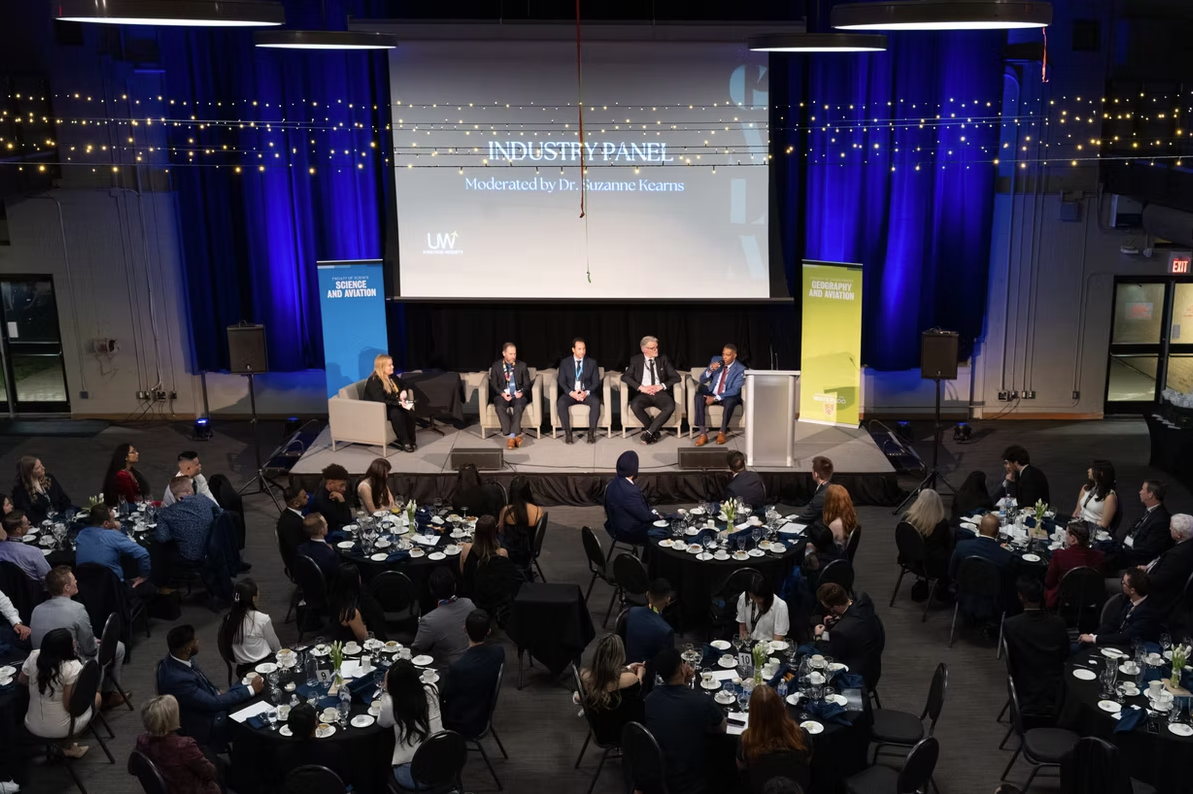
UW Aviation Society Gala
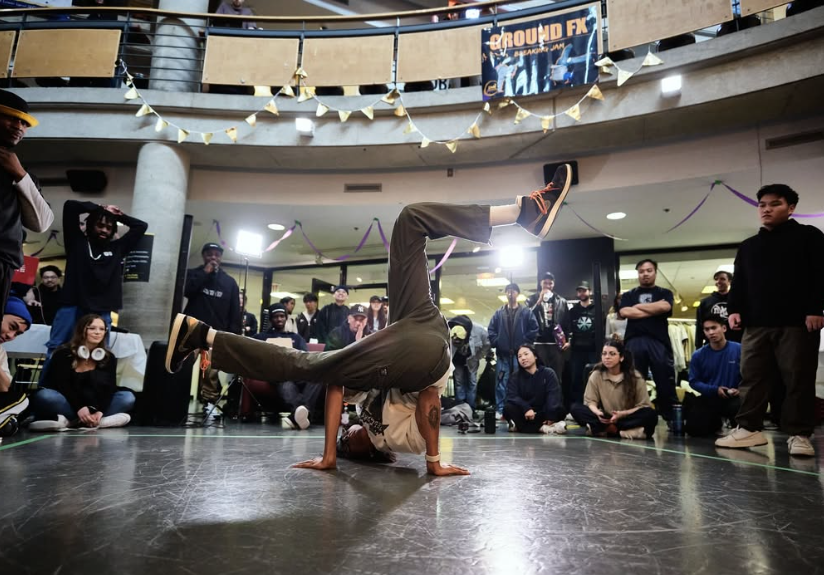
UW Breakers Ground FX Competition
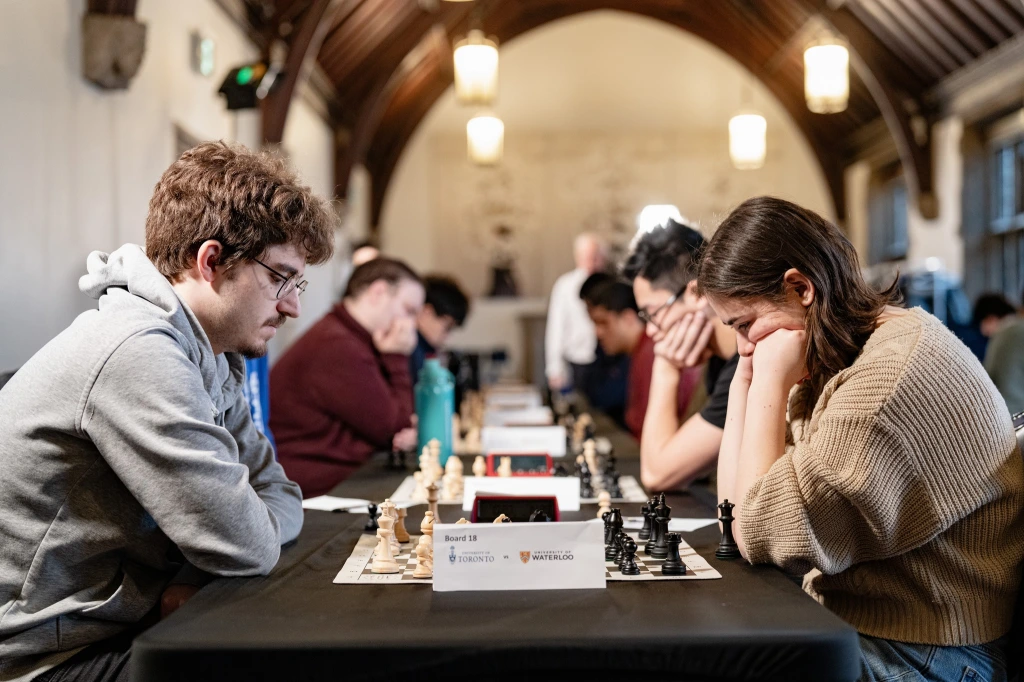
UW Chess Club Canadian University Chess Championship
This fund exists to assist with projects that bring awareness to systemic issues borne by marginalized groups on campus, support professional development opportunities like conferences and competitions, and fund the costs of new projects that benefit students on campus.
Total Fund: Today the EOI fund stands in excess of $1 million, and uses the interest generated to fund student-led projects as evaluated by the Funding Committee.
EOI funds the following areas and aims for the attached percentage breakdown of funding:
- EQUITY (25%): Promote a safer, healthier and more accepting campus
- remove barriers for equity-seeking or Indigenous communities;
- demonstrate meaningful consultation with those communities;
- amplify under-represented voices on campus;
- OPPORTUNITY (25%): Individual students or student groups who wish to engage in projects, conferences, or other experiences that promote professional development. Funding should not typically exceed $500 per student.
- INNOVATION (50%): New student-led initiatives that will provide a lasting benefit to undergraduate students and/or promote innovation on campus.
Undergraduate Student Capital Program
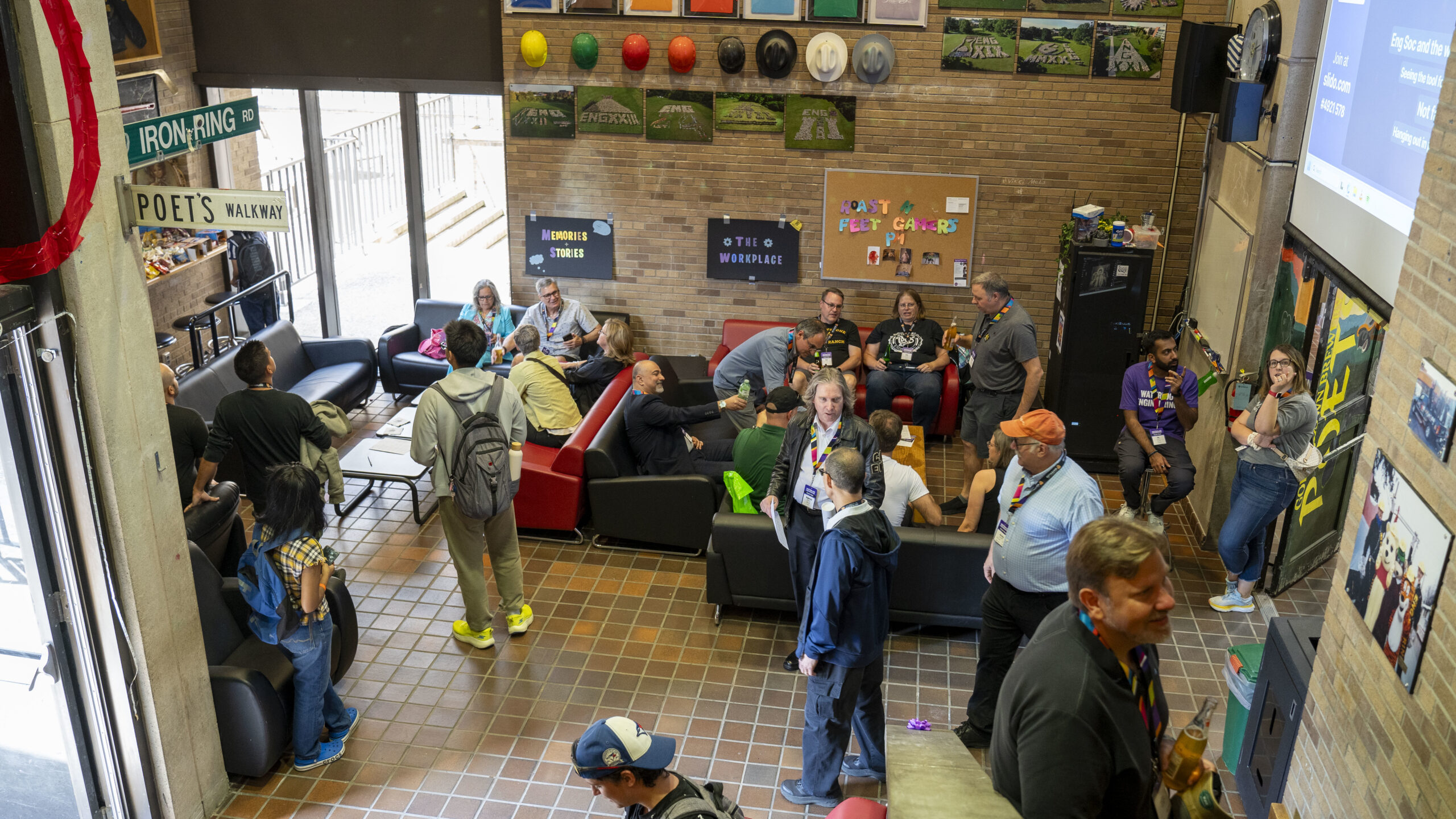
POETS: Engineering Society Lounge
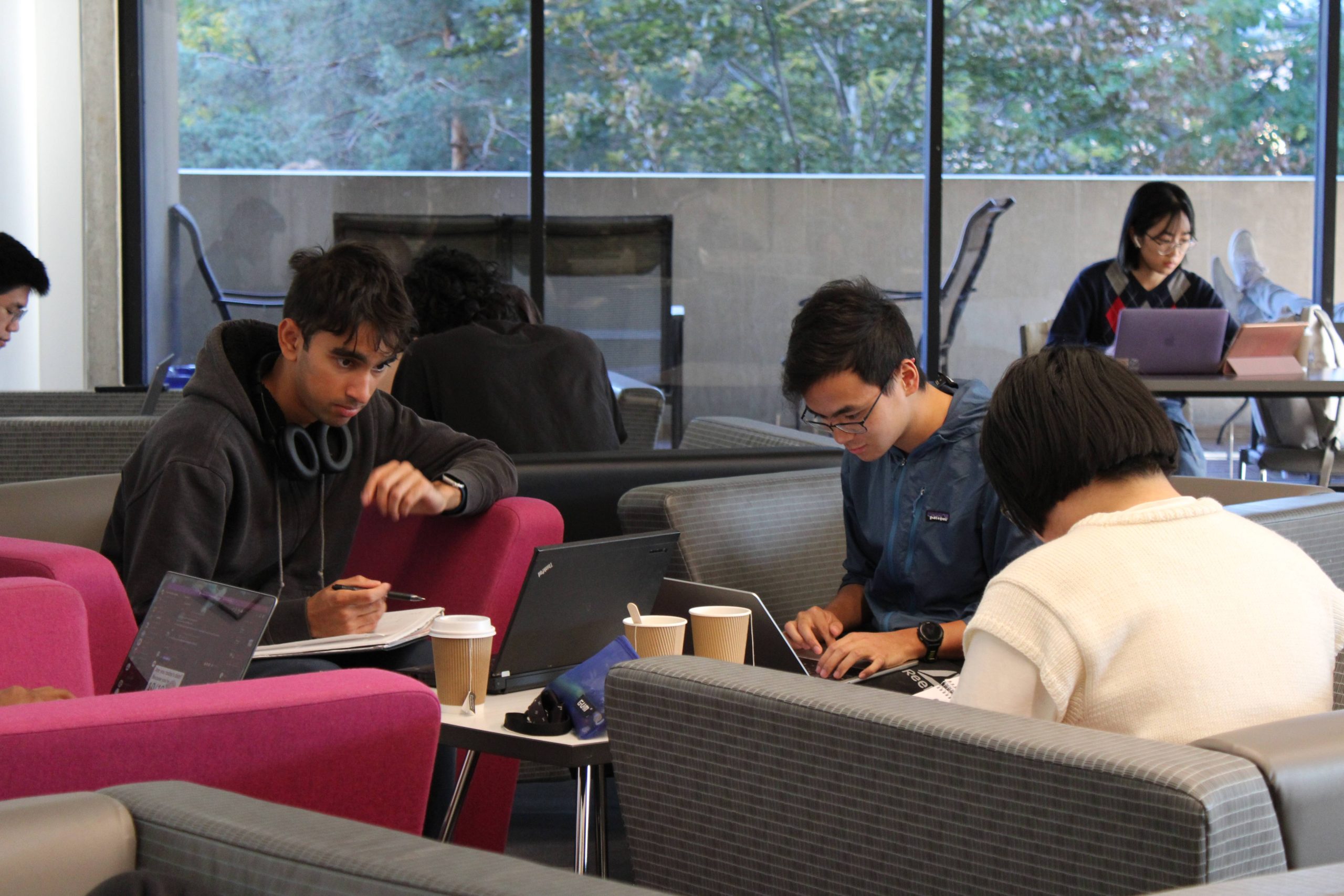
MC Comfy: Math Society Lounge
You may not apply to this fund directly — but you benefit from it every day.
The Undergraduate Student Capital Program helps maintain, upgrade, and expand key student spaces across campus. Funded through a small termly fee, it supports everything from fresh renovations in your favourite lounges to major upgrades in shared spaces like the SLC.
Whether it’s more comfortable study zones, better accessibility, or long-overdue maintenance in student-run areas like MC Comfy and POETS, this funding ensures the spaces you rely on stay functional, welcoming, and built for you.
- Spring 2024: $16.68
- Fall 2024: $17.33
- Winter 2025: $17.33
- Spring 2025: $17.33
